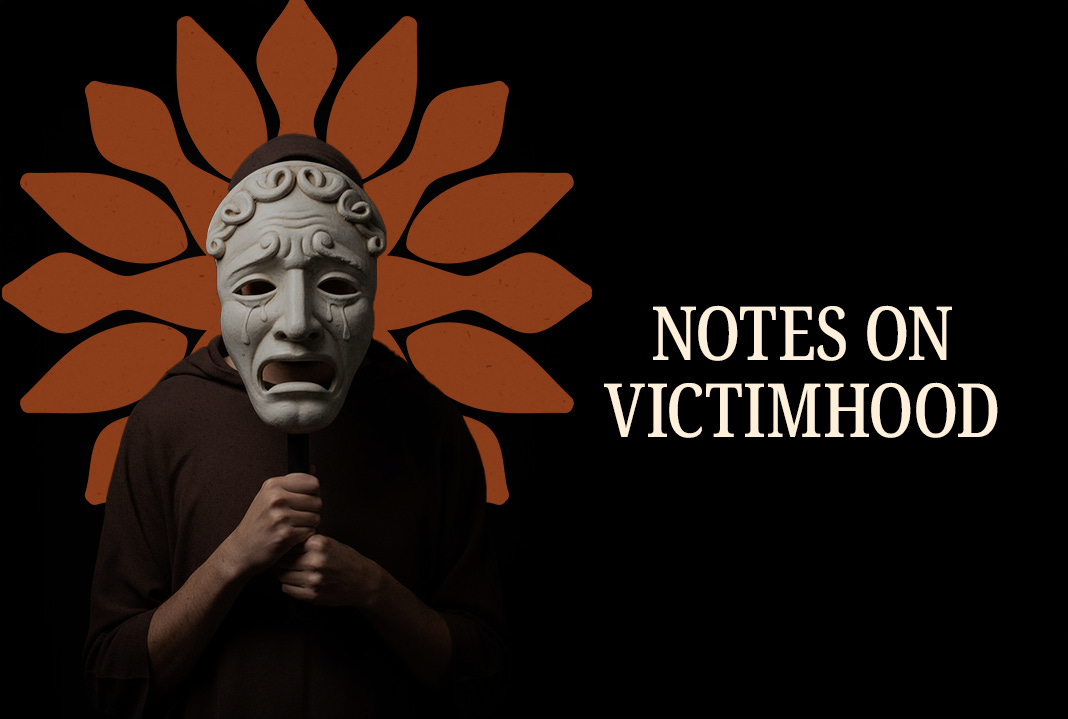Notes on Victimhood
Two reflections on the ways victimhood shapes identity, morality, and culture—both in the Middle East and as a recurring universal phenomenon
I. The Peril of Eternal Victimhood
When suffering becomes an identity, it chains us to the past, blinds us to our agency, and turns our agony into theater. Escaping this trap begins with reclaiming responsibility.
We often treat victimhood as if it were a badge of moral superiority—a license to act with impunity, a shield against guilt. But in truth, being a victim does not confer virtue. It does not absolve us from the responsibility to uphold moral standards. It is, at best, an acknowledgment of a tragic reality, nothing more.
When victimhood becomes a status rather than a circumstance, it chains us to the very suffering we seek to overcome. It blinds us to our own capacity for wrongdoing, to our propensity as humans to repeat the injustices once inflicted upon us if given the chance. Moral superiority is not an entitlement. It is not inherited through pain. It is earned through a relentless, daily struggle: the discipline to rise above our baser impulses, the humility to self-reflect, and the courage to empathize even with those who have wronged us.
Yet, for some, victimhood is no longer a memory or a wound. It has become a creed—an identity they cannot live without. And so, they cling to it, proudly, defiantly, unaware that it corrodes everything it touches. Victimhood does that. It corrodes. It consumes. It makes us hate ourselves, if not outright, then by proxy.
It sends children to die on the altar of pride, while parents mourn and celebrate in the same breath. It sanctifies vengeance, dresses death in the language of divinity, and convinces us that cruelty can be righteous if cloaked in suffering. It liberates us from responsibility, moral deliberation, or seeking remedies beyond wishful thinking and prayer. It numbs us to consequence—or worse, renders us indifferent to it. After all, why care? Every tragedy that follows only deepens the story we tell ourselves: that the world conspires against us, that nothing is ever our fault. And so, the cycle endures: agony becomes theater, decay becomes spectacle. We parade our wounds like holy relics, preach purity while perpetuating defilement, and condemn the sins of others as we commit our own. All under the banner of one word: victimhood.
Glory be.
But if victimhood imprisons us, the way out is not in denying our wounds but in refusing to make them our identity. It begins with reclaiming agency, with asking: What can I do to break the cycle? To choose life over death, dignity over vengeance? It means replacing the intoxication of moral superiority with the discipline of ethical responsibility. It means building a future defined not by what was done to us, but by what we choose to do in response. That is where true strength lies. That is where healing begins.
II. Victimophilia




